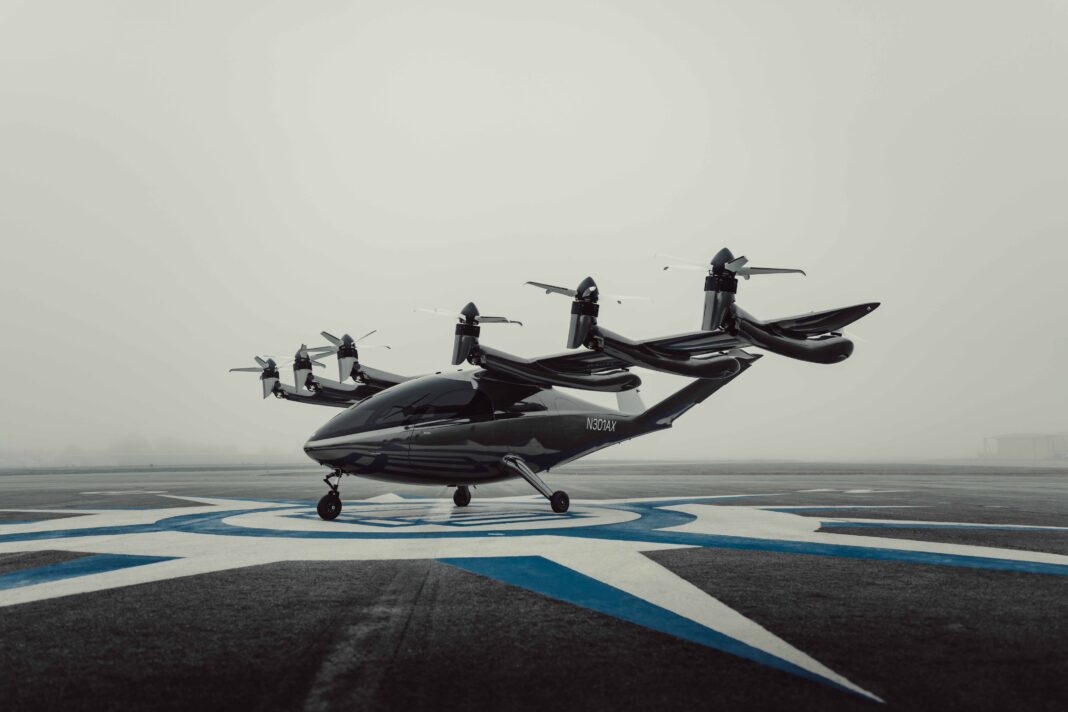Virgin Australia unveiled the first phase of its fleet growth program, which is focused on increasing capacity and reducing greenhouse gas emissions. According to the company, the plan is part of its journey towards net zero emissions.
Virgin Australia Group currently operates Airbus A320, Fokker 100, Boeing 737-700 and 737-800 aircraft. It expects to reach eighty-eight operative aircraft next year, against a backdrop of growing demand for air travel.
According to the company, it is close to recovering the same volume of operations it had until the pandemic restrictions were put in place. It expects to reach that number in June and surpass it by the end of the year.
Virgin Australia will add four new Boeing 737 MAX 8s, which are expected to begin operations in February 2023. The company highlighted the lower fuel consumption of the latest version of the US manufacturer’s popular twin-engine aircraft compared to the 737 NGs it currently operates.
«With growth comes a larger carbon footprint, so it’s vital that we take the right steps now to ensure that as we do more flying, we are also working to reduce our emissions», said Jayne Hrdlicka, CEO of Virgin Australia.
The carrier also maintains an order for 25 Boeing 737 MAX 10s, which are also scheduled for delivery in 2023.
Virgin Australia’s ten Fokker 100s will be phased out and replaced by the 737-700s, which will provide an increased seat capacity and a 30% reduction in emissions per seat on each flight compared to the Dutch-built aircraft. F100 pilots and cabin crews will be trained for certification on the 737-700s.
«We have a younger average fleet age than other airlines operating in the Australian market, and we are in a good position to phase out our older Fokker 100 aircraft for more fuel-efficient options», Hrdlicka noted.
Last November, Virgin Australia announced its commitment to achieve net zero emissions by 2050. In addition to fleet renewal, it is developing a broader sustainability strategy, including optimization of all phases of operation, use of alternative fuels, waste management programs and carbon offset initiatives.
See also: DoT Clears United Airlines and Virgin Australia Code-Sharing Agreement







